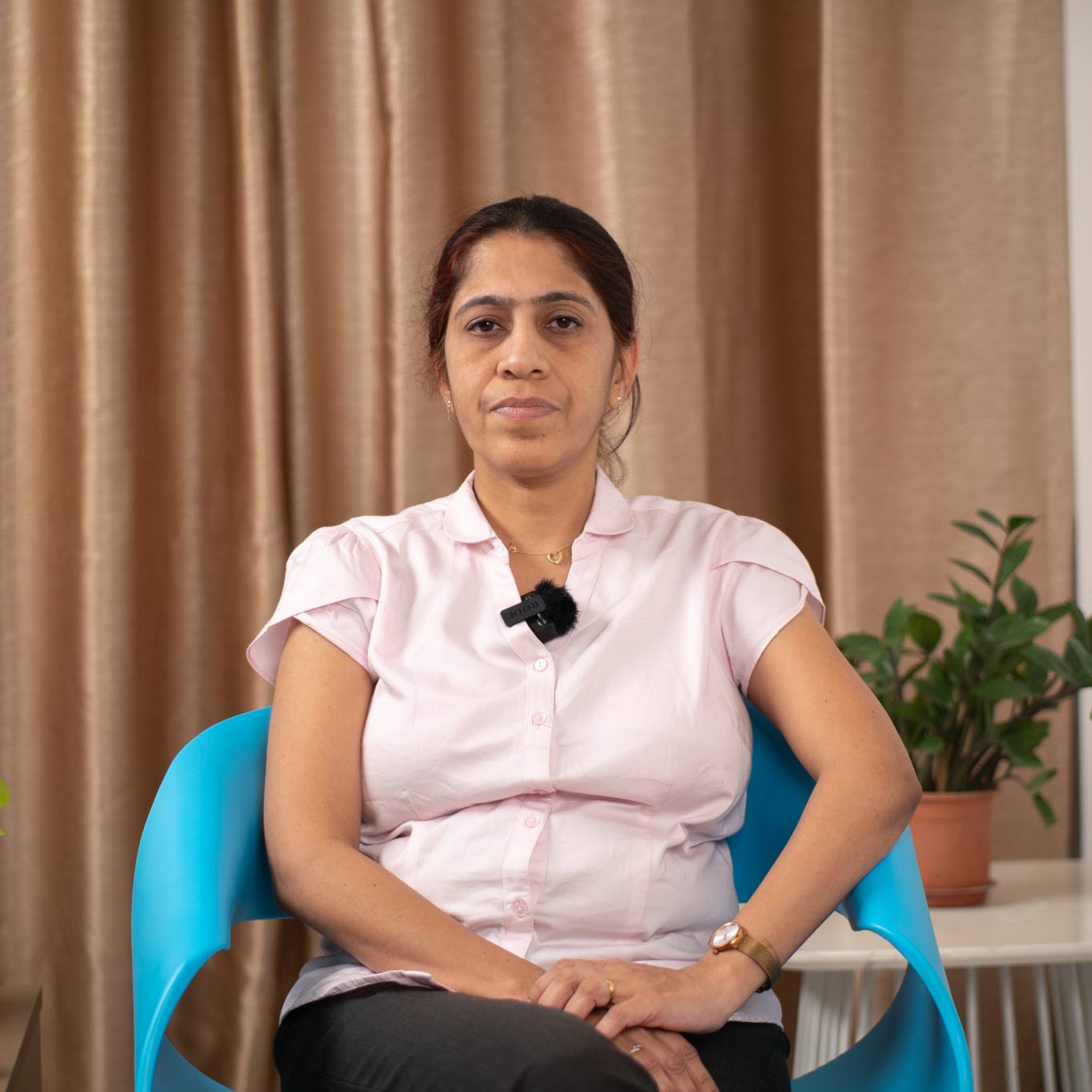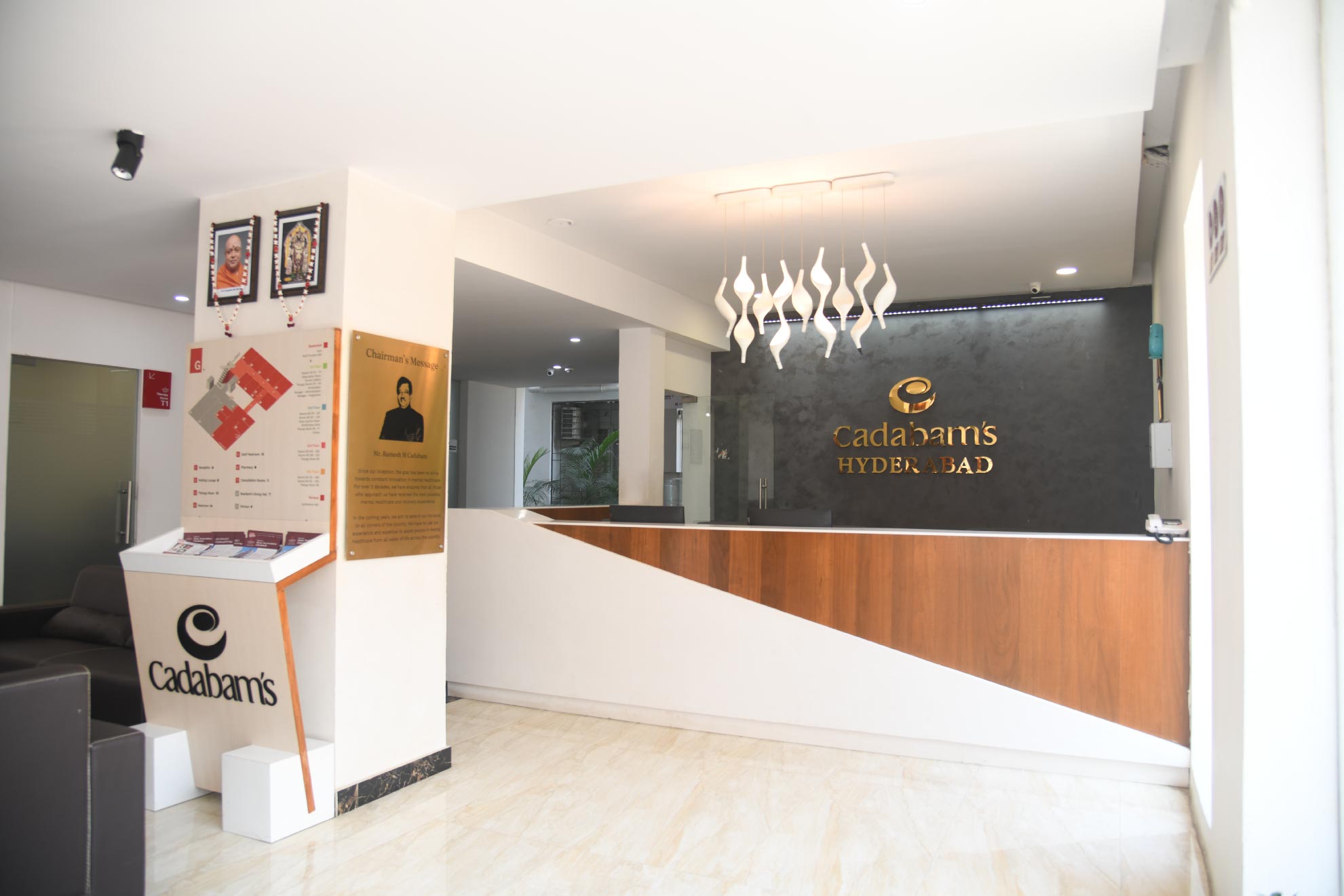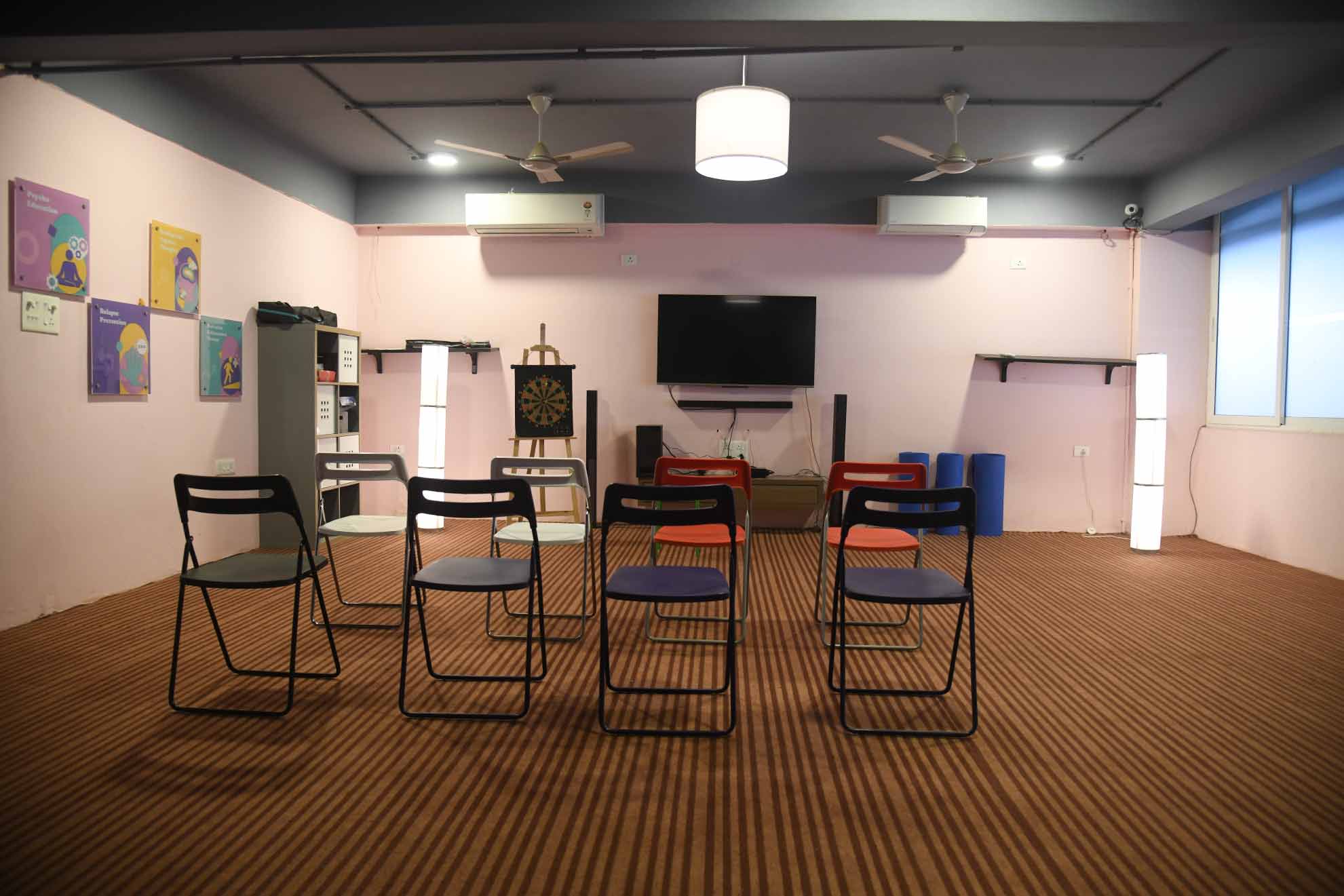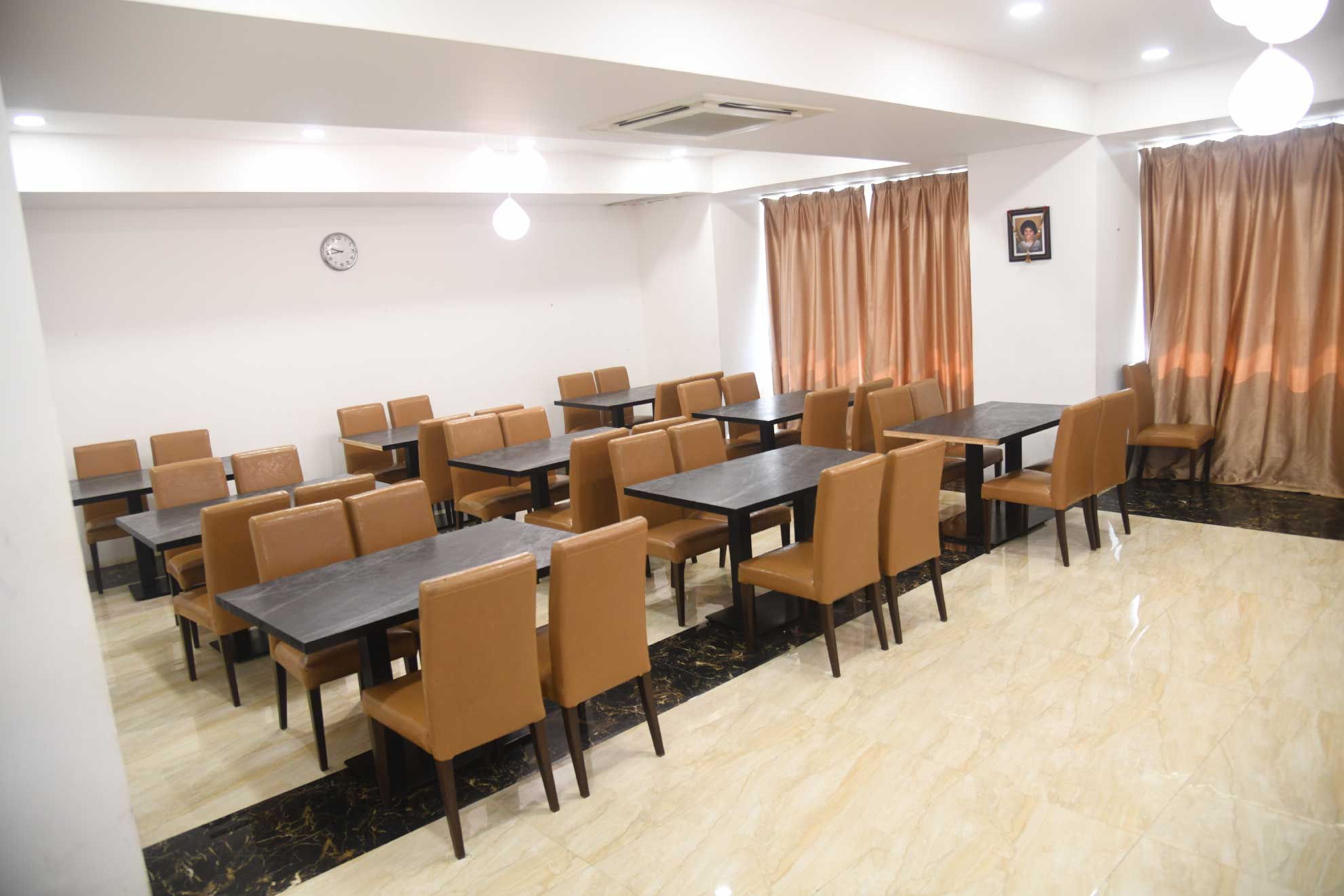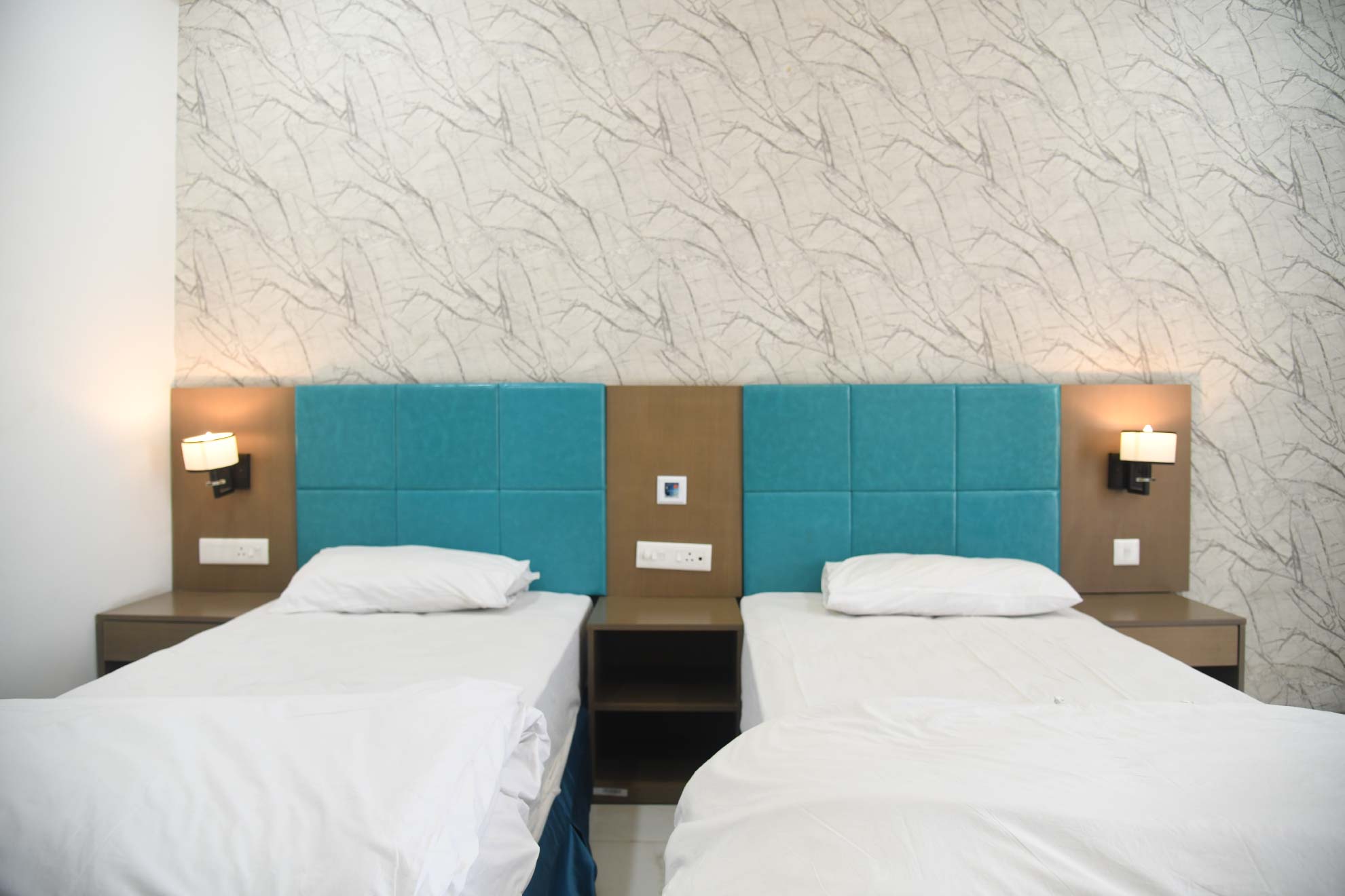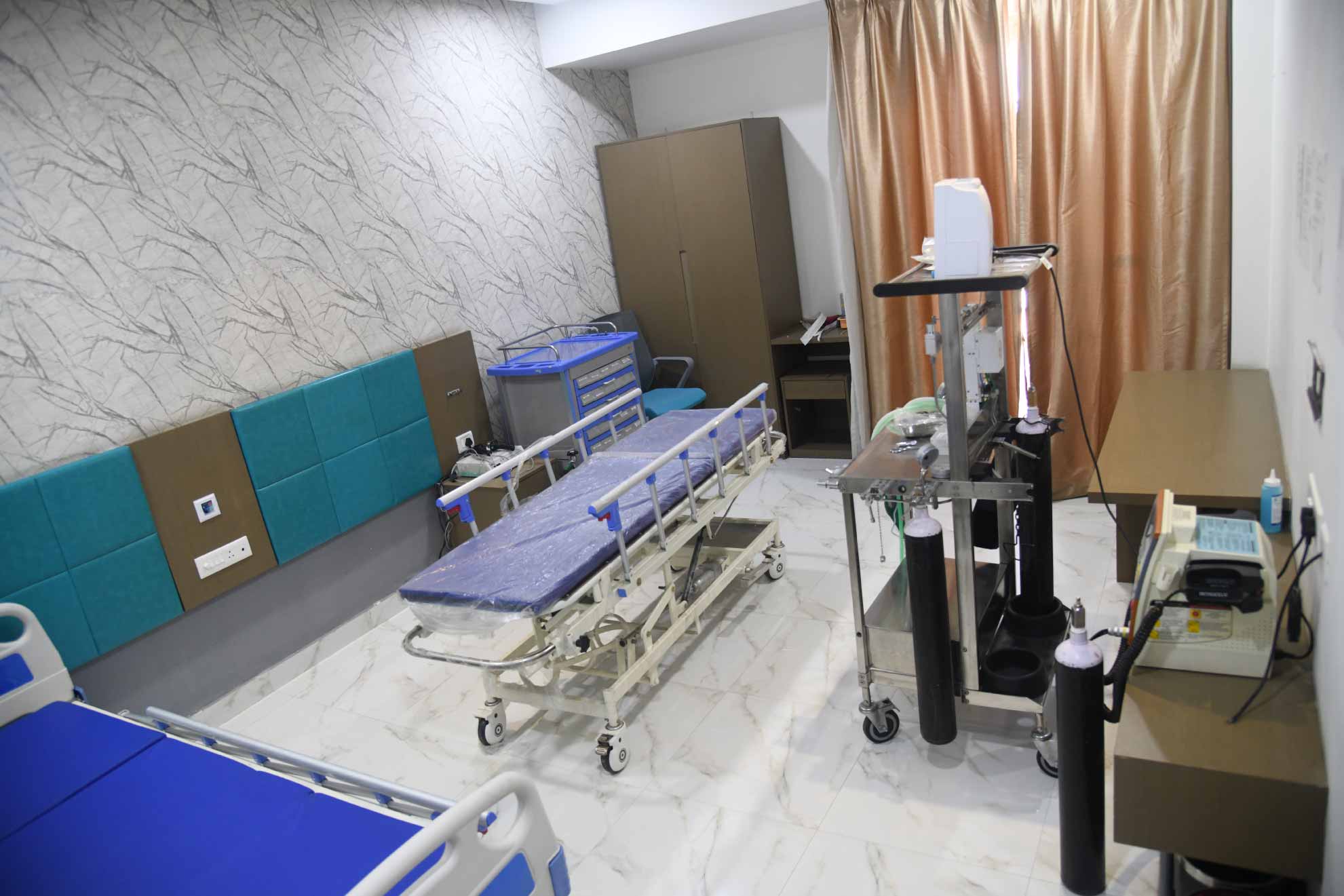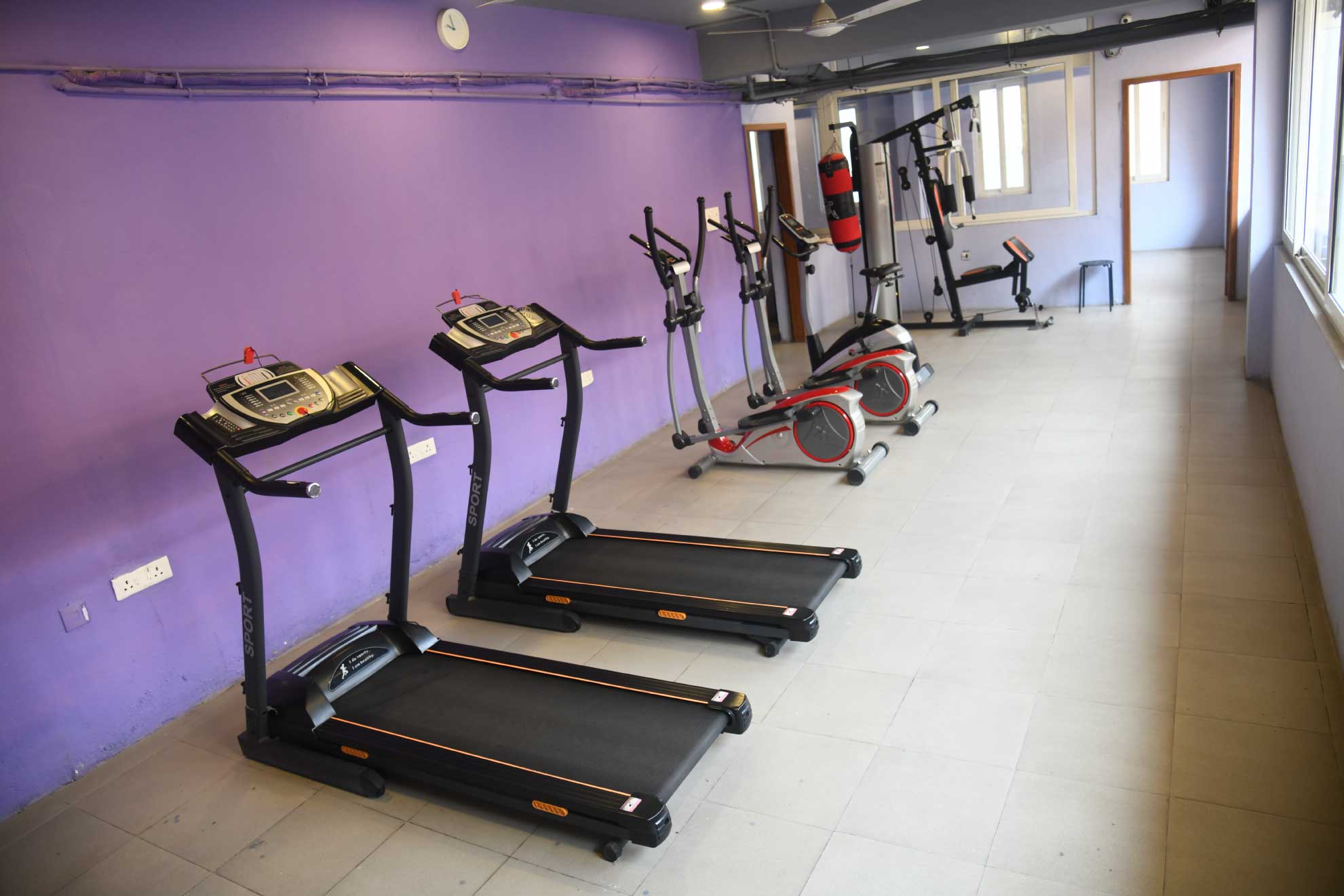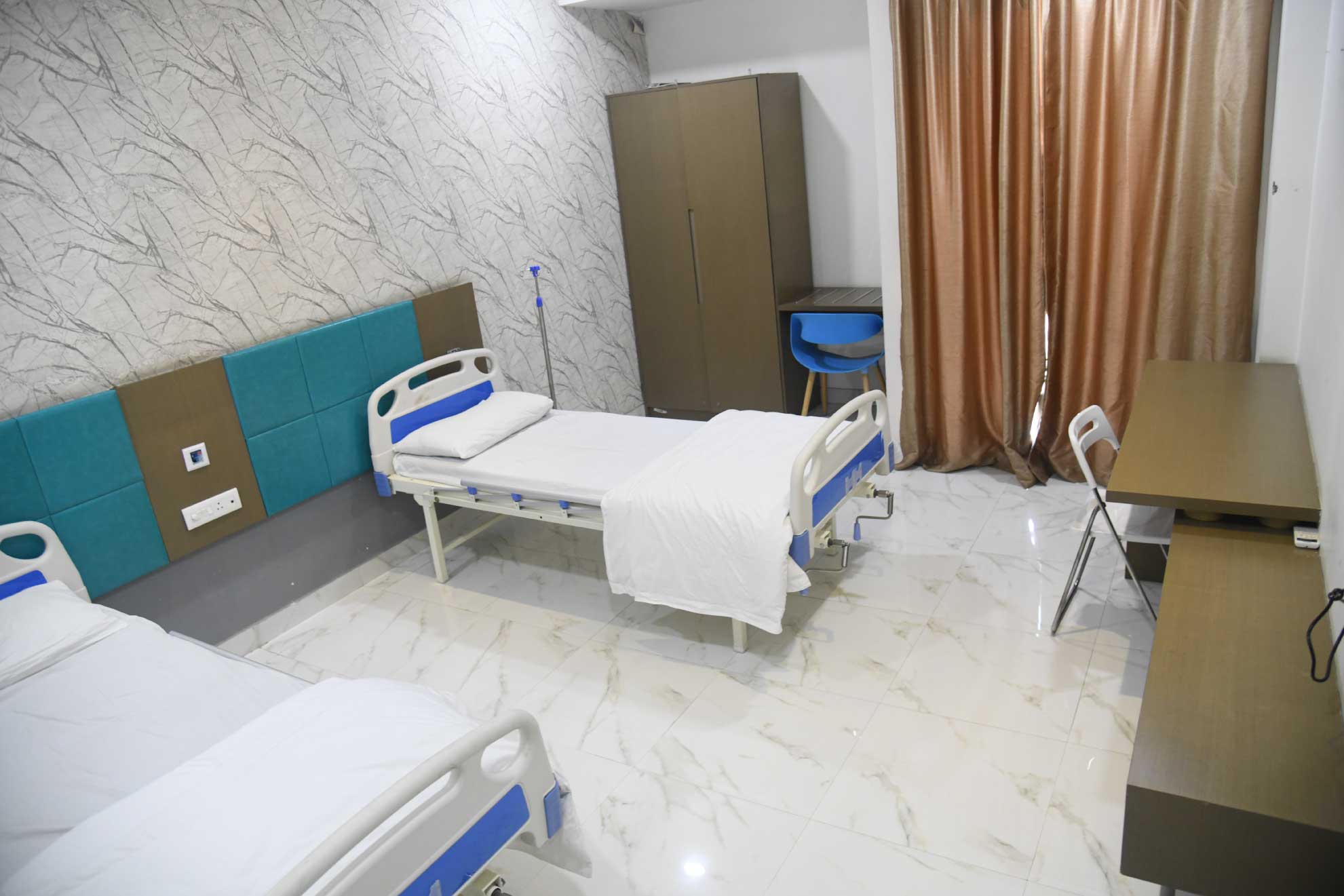What is Biofeedback Therapy?
Though biofeedback therapy isn’t exactly a new method and has been in existence since the late 60’s, its popularity in recent times has spiked, mainly due to advancements in technology and its non-invasive nature.
Biofeedback is a therapy with special sensors attached that can track heart rate, breathing patterns, muscle activity, brain waves, and temperature. It also helps individuals learn how to control these signals better by allowing them to see what’s going on inside their body and mind.
The Science Behind Biofeedback
Biofeedback is a therapeutic method that uses electronic devices that can track physiological changes inside the body.
Signals such as heart rate, body temperature, muscle tension, etc. can be instantly measured using this technology.
The response given by biofeedback can help clients become aware of any maladaptive response.
Biofeedback also provides a chance for clients to get a better understanding of how certain thoughts and events are influencing their physiological responses.
Biofeedback vs. Traditional Therapies
Both biofeedback and traditional therapies have their own sets of advantages and disadvantages.
For example, biofeedback concentrates on the body-mind link, which allows individuals to have more control over their spontaneous bodily functions, whereas traditional therapies are more focused on addressing symptoms and underlying causes.
Biofeedback provides real-time assessment and is a non-invasive method. Traditional therapies, however, have a long history of proven records of effectiveness. These are some of the reasons why both treatment approaches effectively manage a range of conditions.
However, due to biofeedback’s constantly evolving nature, it can sometimes be challenging to stay updated. As for traditional therapies, side effects may be a reason that stop people from considering them as viable options.
Safety and Efficacy of Biofeedback
Biofeedback therapy is generally considered quite safe with little to no side effects. However, it may not be the right choice for people who already have certain medical conditions like skin problems and arrhythmia (heartbeat).
As far as efficacy is concerned, biofeedback is still a progressing technology, yet research has shown great potential in treating many mental health conditions ranging from PTSD and anxiety to Alzheimer’s and depression.
How Biofeedback Transforms Addiction Treatment in Hyderabad
As has been mentioned at the very beginning of this article, biofeedback is a kind of treatment that enables a person to develop self-regulation skills to reduce worrying, stress, and other mental health problems.
Biofeedback makes a person aware of their physiological responses through the provision of real-time information, and this heightened awareness is essential in preventing relapse.
Cadabam’s is one of the first institutes in Hyderabad that utilises biofeedback to treat addiction.
With a team of expert psychiatrists in Hyderabad, Cadabam’s Hospitals offers personalized, evidence-based care for mental health recovery.
Benefits Of Biofeedback for Addiction Patients
Biofeedback therapy offers a lot of benefits for people with addiction problems. Some of the benefits include: –
- Enhanced emotional regulation
- Reduced stress and anxiety
- Reduction in physical symptoms
- Lower reliance on medication
- Complementary to other therapies
- Real-time monitoring and feedback
Psychologists in Hyderabad at Cadabam’s Hospitals deliver expert, individualized care for a wide range of mental health conditions.
How Biofeedback Complements Traditional Addiction Treatments
Biofeedback may not be effective when used on its own; it can be more beneficial when combined with other therapies as a supplemental treatment.
When integrated with contemporary treatments, biofeedback therapy can improve symptom management, enhance treatment outcomes, and boost overall quality of life.
Navigating the Biofeedback Process for Addiction in Hyderabad
Biofeedback involves various processes in addressing addiction. Some of these processes are: –
Patient Preparation and Involvement
Biofeedback therapy is a collaborative effort between the client and the therapist and during this process, sensors are attached to the client’s body to measure and monitor physiological responses.
During the therapy, the client and addiction therapist discuss various topics to find out how the body responds to certain triggers, and then the therapist will help the client develop coping mechanisms to manage those responses effectively.
Steps Involved in Biofeedback Therapy
Biofeedback therapy starts with a comprehensive assessment to create the patient’s specific goals and baseline physiological responses.
These reactions are monitored by sensors as the patient engages in cognitive or relaxation activities.
Real-time feedback is provided during the session, and the patients may change their strategy in coordination with the therapist to ensure that the desired physiological changes are achieved.
Monitoring and Interpreting Biofeedback Results
During your biofeedback session, live data from sensors, displaying physiological responses such as heart rate and brainwaves, are observed by the therapist on a screen.
To determine your reaction management, these alterations are examined alongside your emotional reactions throughout conversations.
The results from this study help you modify exercises and create a customised treatment plan that meets your goals.
At Cadabam’s Hospitals, skilled counsellors in Hyderabad offer compassionate care tailored to your emotional and mental well-being
Customising Addiction Biofeedback Therapy for Individual Needs in Hyderabad
Biofeedback offers a therapeutic method that can be tailored to each individual’s different needs and goals because everybody responds to health problems in a unique manner.
Assessing Individual Patient Needs
Because each one of us is unique and has a different build, we all respond differently to therapy, medication, and other treatments.
As these factors influence the success rate of biofeedback therapy, it is essential to recognise this diversity and understand its complexity.
Developing Personalised Biofeedback Plans
It would thus help develop a treatment plan that enhances the desired physiological responses, recognising every person’s uniqueness and the manner in which his body responds to stimuli.
Adjusting therapy based on patient response and progress. Based on the progress observed by the therapist, backed by biofeedback data, necessary changes or tweaks are made to the treatment approach and training exercises to optimise the result.
Integrating Biofeedback into Holistic Addiction Care in Hyderabad
We all understand that addiction is a complex disorder, and considering the variables discussed above, it’s pretty evident there’s no traditional treatment for addiction.
At Cadabam’s Hyderabad, we have followed a comprehensive treatment approach that leads to better results and an enhanced quality of life because the therapy requires an all-rounded approach.
Role of Biofeedback in a Broader Treatment Plan
Biofeedback can be used together with other methods of treatment for addiction. It enhances the patients’ self-awareness about their bodily responses and enables them to develop control over their own behaviour.
This may enhance the outcome of treatments through this therapeutic approach due to its easy integration into therapies like Cognitive Behavioural Therapy (CBT).
Collaborating With Mental Health Professionals
Cadabam’s Hyderabad centre is comprised of a multitalented group of mental health professionals. The collaborative approach ensures that there is treatment planning in place and is specifically tailored to meet the needs of each patient.
Treatment sessions are carefully structured to address identified areas of concern, prioritise open communication, and provide patients and their families with timely updates on treatment progress.
In addition to giving addicts the resources and assistance they need to manage their condition; this cooperative effort guarantees the greatest potential outcomes from their therapy.
Looking for expert therapists in Bangalore or therapists in Hyderabad? Cadabam’s Hospitals offers professional mental health support across both cities.
Find the Best Biofeedback Therapy for Addiction Management
Finding a suitable biofeedback therapy for addiction treatment is important, especially for people seeking holistic care.
When evaluating biofeedback options in Hyderabad, there are a few points one needs to keep in mind.
For example, specialised in personalised treatment approaches and experienced professionals with skills in biofeedback techniques for addiction management.
At Cadabam’s Hyderabad, our team excels in devising individualised biofeedback therapy plans to foster lasting progress and elevate overall mental well-being.
Cadabam’s Hospital: Pioneering Biofeedback Therapy for Addiction in Hyderabad
Established in 1992 and boasting over three decades of experience in mental healthcare, Cadabam’s Hospitals has emerged as a leading innovator in the field.
Notably, Cadabam’s was also among the first facilities in India to introduce biofeedback therapy for a wide range of mental health conditions, including addiction.
his commitment to pioneering evidence-based treatment approaches continues to position Cadabam’s at the forefront of mental healthcare in India.
Our Expertise in Biofeedback Therapy for Addiction
At our advanced facility, our experienced professionals offer unmatched expertise in biofeedback therapy.
Through advanced techniques and personalised care, we empower individuals to effectively manage their addiction symptoms and triggers.
Assessment and Personalised Treatment Planning for Addiction
At Cadabam’s, our mental health professionals thoroughly assess factors like medical history, real-time biofeedback data, and responses to triggers to create a personalised and effective treatment plan.
State-of-the-Art Facilities and Supportive Environment for Addiction
At our state-of-the-art facilities in Hyderabad, we offer top-notch amenities tailored to provide the best care and results with therapies like biofeedback.
Here, we ensure each individual receives treatment in a secure and supervised environment with efficient support.
Ongoing Support and Monitoring for Addiction
Addiction demands a meticulously crafted treatment approach, ongoing support, and constant monitoring, and at our centre, we ensure all these aspects of treatment are met with diligent care and attention.
Comprehensive Care Approach at Cadabams for Addiction
Addiction can be managed through effective treatment methods. Cadabam’s provides a diverse team comprising psychiatrists, psychologists, therapists, and social workers to help individuals attain sobriety.
These methods may involve medication, therapy, biofeedback, and skill enhancement programs to counter all aspects of the condition, enabling individuals to lead rewarding lives.
Top Addiction Doctors at Cadabam’s Hospitals
Psychiatrist in Bangalore | Psychiatrist in Hyderabad | Psychologist in Bangalore| Therapist in Bangalore
| Therapist in Hyderabad | Psychologist in Hyderabad |Counselor in Hyderabad
Rehabilitation Centres For Addiction at Cadabam’s Hospital
Rehab in Hyderabad | Rehab in Bangalore
Best Addiction Treatments Offered at Cadabams
Electroconvulsive therapy (ECT) Bangalore | Electroconvulsive therapy (ECT) Hyderabad | Group Therapy Bangalore | Family Therapy Bangalore | Neurofeedback Bangalore | Home Care Bangalore | PsychoTherapy Bangalore | PsychoTherapy Hyderabad | Cognitive Behavioral Therapy (CBT) Bangalore | Cognitive Behavioral Therapy (CBT) Hyderabad | Biofeedback Bangalore | REBT Bangalore | Emergency Bangalore | Emergency Hyderabad
More Additional Resources About Addiction
Bhang Addiction | Porn Addiction in Teens | Internet Addiction
FAQ
How does biofeedback therapy help in addiction management?
Biofeedback therapy aids addiction management by enhancing self-awareness of physiological responses like heart rate and muscle tension.
This awareness empowers individuals to regulate their physical reactions, complementing traditional therapies to foster comprehensive recovery.
What can patients expect during a biofeedback session?
During a biofeedback session, patients can expect to learn techniques to control physiological responses using sensors that measure bodily functions like heart rate and muscle tension.
This data helps tailor therapies aimed at enhancing self-regulation and well-being.
How biofeedback is therapy integrated with other addiction treatments?
Biofeedback therapy is seamlessly integrated with other addiction treatments by analysing physiological responses to enhance treatment effectiveness.
This integrated approach ensures comprehensive care, combining biofeedback techniques with traditional therapies to optimise recovery outcomes.














 Available
Available


